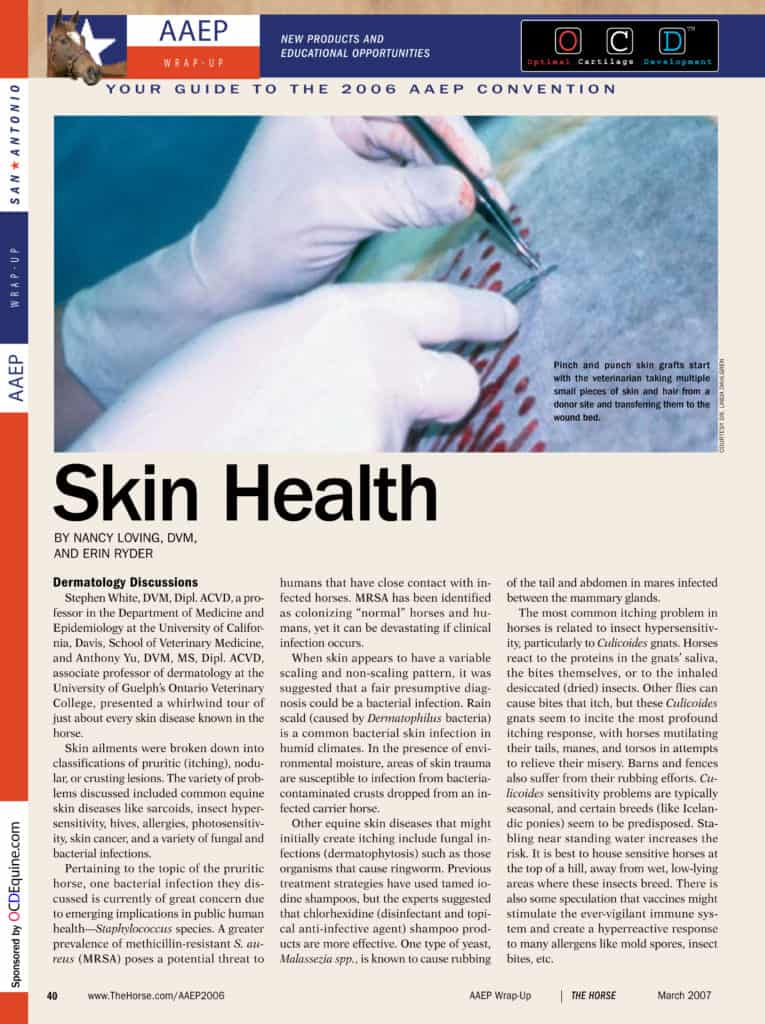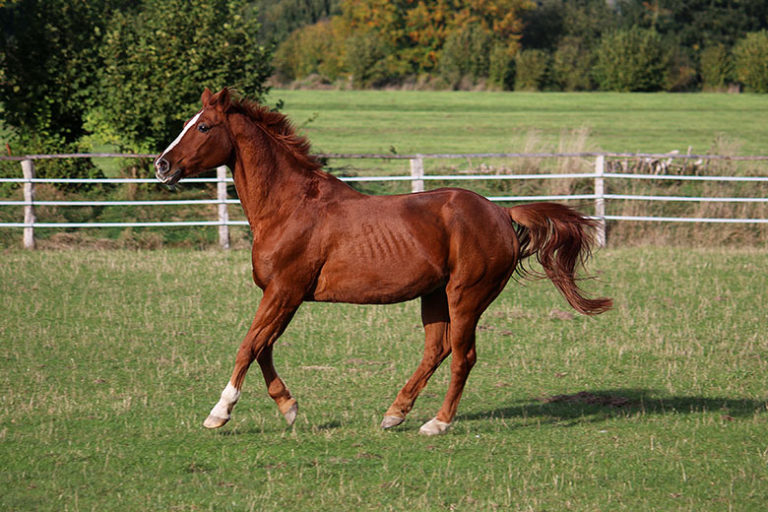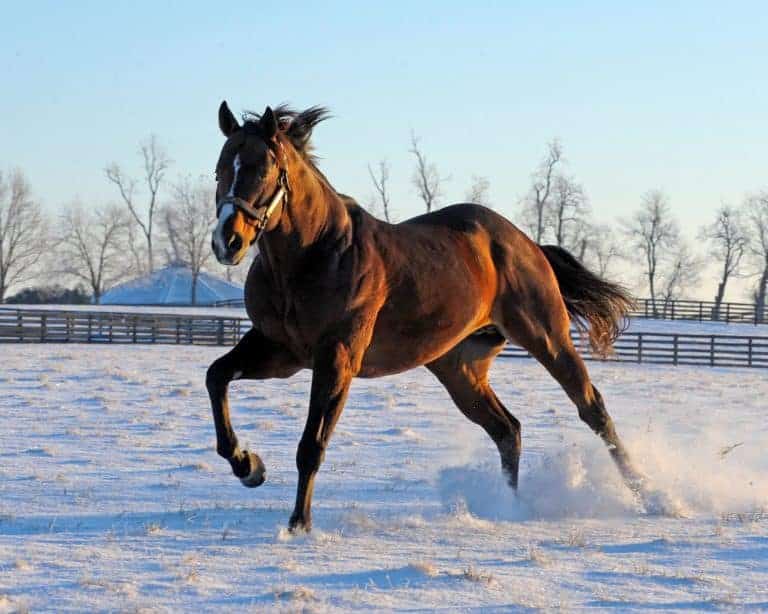Ireland Lifts Final EIA Movement Restrictions
Ireland’s Department of Agriculture and Food on March 21 lifted all movement restrictions still in place due to the outbreak of equine infectious anemia (EIA) that started last summer and claimed 28 horses. The last case was confirmed


















